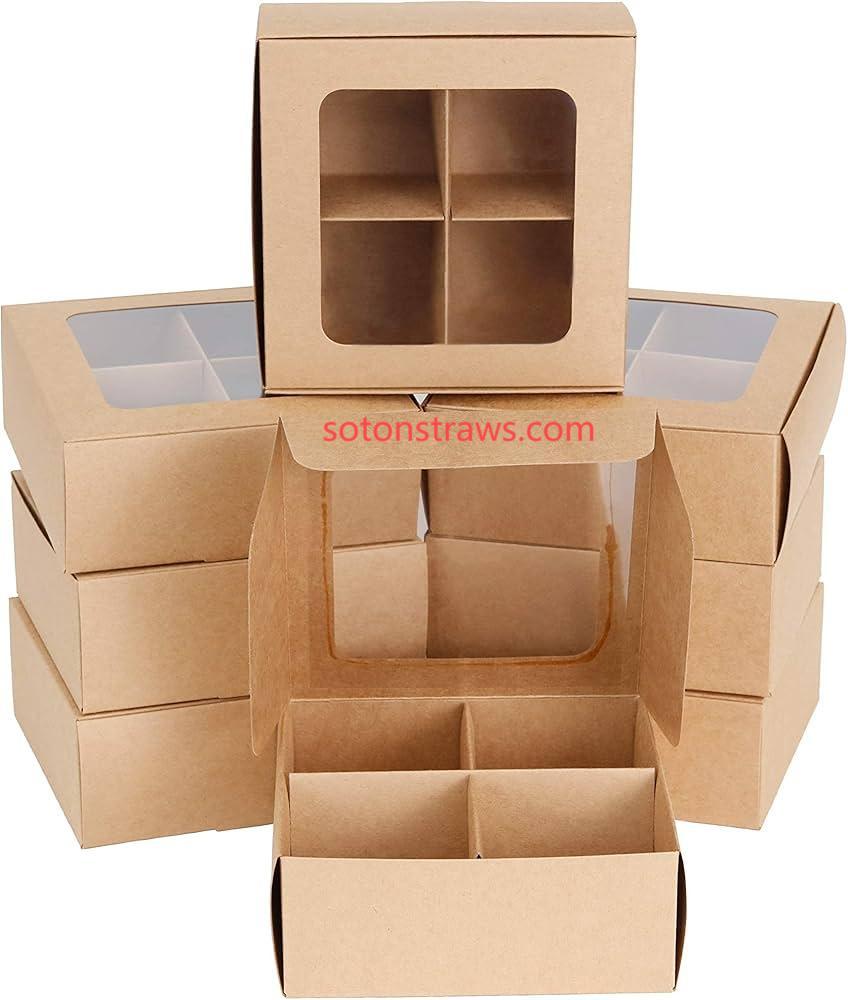In the pursuit of sustainable packaging, the material itself often holds the key to balancing practicality and environmental responsibility. The disposable kraft box exemplifies this principle, leveraging the inherent qualities of kraft paper to create a versatile and eco-conscious solution. Its natural strength, derived from the robust fibers of softwood pulp, provides a sturdy foundation for containing a wide array of goods, from baked delicacies to hearty takeaway meals, without the need for plastic reinforcement. This fundamental strength is a gift of nature, harnessed effectively to reduce reliance on less sustainable materials.
The appeal extends beyond mere durability. The production process for these containers typically emphasizes resource efficiency. Kraft paper is often produced using methods that prioritize renewable energy sources and closed-loop water systems where feasible. Furthermore, the unbleached, natural brown hue frequently associated with the disposable kraft box isn't just an aesthetic choice; it often signifies a lower environmental footprint compared to heavily bleached alternatives, as it skips energy-intensive whitening processes. The material’s inherent breathability can also be beneficial for certain products, maintaining freshness naturally. When its useful life ends, the simplicity of the kraft material shines again. Being primarily cellulose-based, it breaks down far more readily in composting environments than plastic-coated alternatives, returning to the earth without leaving persistent pollutants. Brands committed to genuine sustainability, such as Soton, recognize that the true value of this packaging lies in its efficient lifecycle – from responsibly sourced pulp to functional use and eventual benign decomposition. It represents a practical step towards minimizing packaging waste while maintaining essential functionality for businesses and consumers alike.
Ultimately, the widespread adoption of the disposable kraft box reflects a growing preference for solutions grounded in natural materials and straightforward processes. Its success demonstrates that effective packaging doesn't require complex synthetic layers but can thrive on the inherent, renewable qualities of wood pulp, processed responsibly. This shift supports a broader movement towards simplifying packaging and aligning it more closely with natural cycles of use and renewal.click www.sotonstraws.com to reading more information



